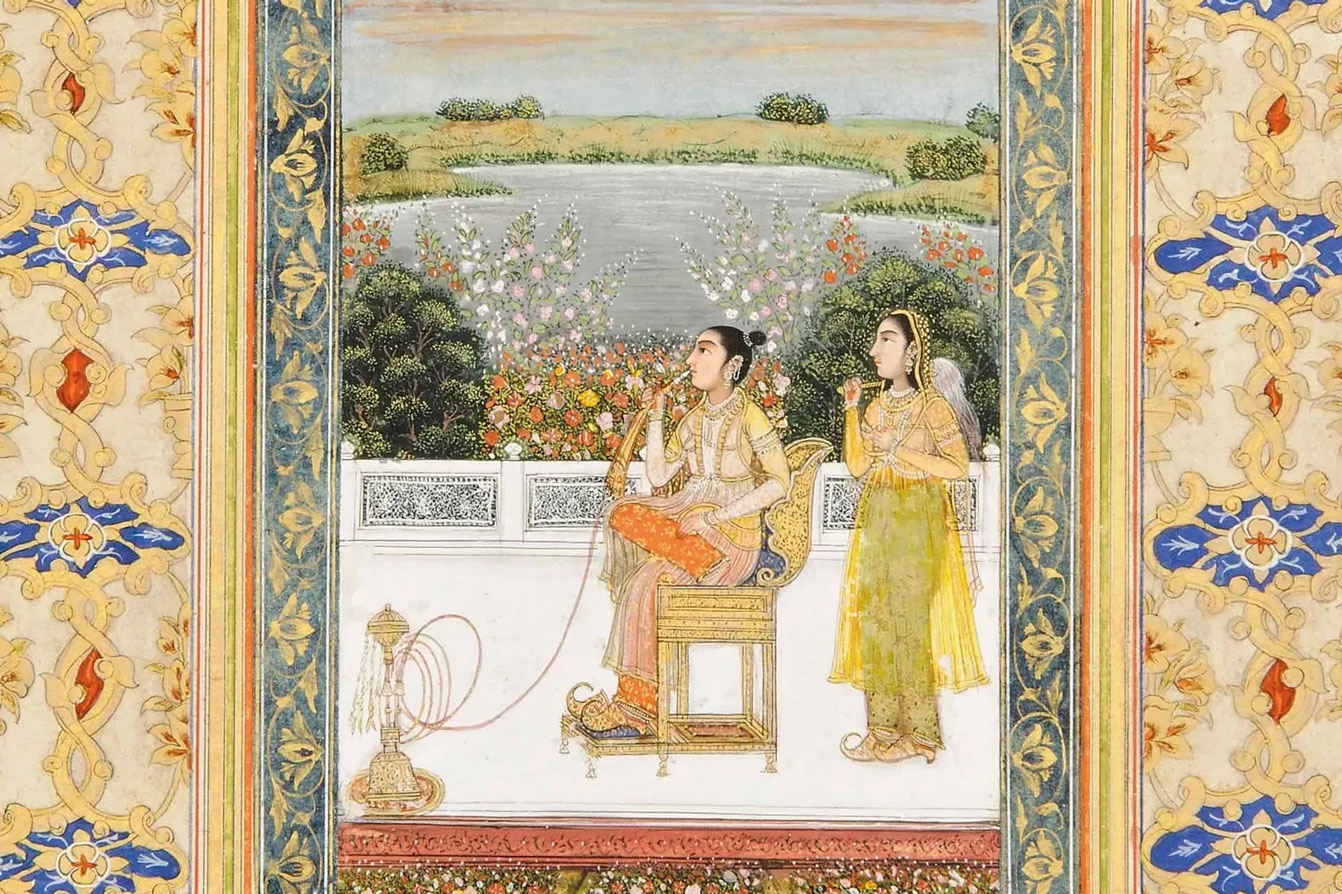Hosted by Rasha Elass
Featuring Ruby Lal
Produced by Finbar Anderson
Listen to and follow The Lede
Apple Podcasts | Spotify | Podbean
When historian Ruby Lal came across an English translation, made in 1901 by a Victorian scholar, of the memoir of Mughal Princess Gulbadan, she knew she had found “something really quite staggering,” she tells New Lines’ Rasha Elass on The Lede.
Lal’s new biography of the 16th-century princess, “Vagabond Princess: The Great Adventures of Gulbadan,” brings to life Gulbadan’s remarkable extended pilgrimage from her home in the harem of her nephew Emperor Akbar in Agra to the holy city of Mecca. While women would often individually accompany men on pilgrimage to the holy cities of Islam, it was unheard of for a group of women to make the journey for themselves, says Lal.
“A poet, a writer, a vagabond, an adventurous woman … She represents human history.”

Lal describes the dangerous voyage Gulbadan and her retinue made to Mecca, via the Red Sea.
When the women eventually arrived in Mecca, they quickly tangled with the authorities by dispersing alms — a direct challenge to the munificence of the ruling Ottoman Sultan Murad III, explains Lal. “He’s threatened by the fact that women become the holders of this munificence that he ought to [possess],” she explains. “Importantly, through their visibility — these harem women, who are fully visible — they’re also [elevating] Akbar the Great. … These are all challenges to his political authority.”
Despite the Sultan issuing an order against Gulbadan and her retinue evicting them from Ottoman territory, she returned to Mecca seven years after setting out from Agra — but only after surviving a shipwreck at the Red Sea port of Aden.
On her return, her nephew Akbar commissioned her to write a book. “What she produced was unprecedented in style,” says Lal. “It is the first prose history of the [Mughal] Empire. … It’s unique in form and in content.”


